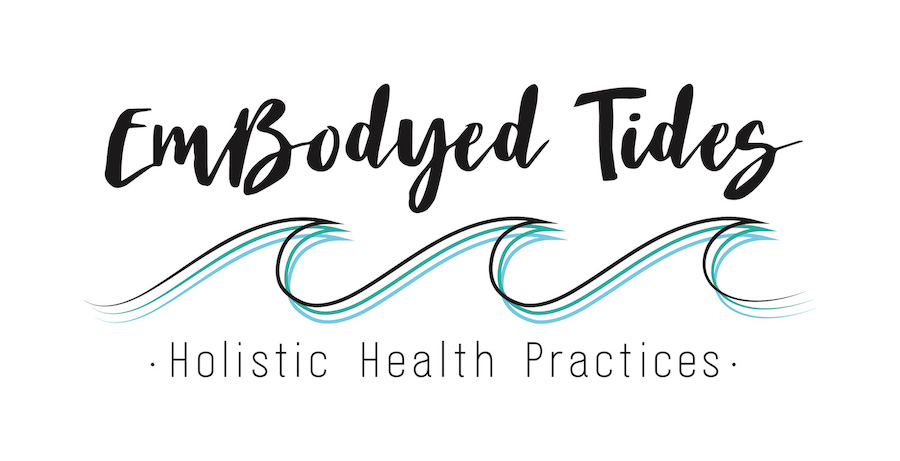It seems that the word trauma is seen more often than I remember. In the scope of Psychology, in local and national news scandals & stories. Positively, it’s less associated as a “only they” situation; I think in general the terminology discussed more frequently allows for its stigmatization to decrease. Be it “Big T” or “little t” traumas. Be it from one’s past, their present, or a chronic state of regulation in one’s body as complexities allow.
There are different mindsets that encourage talking about or even detailing a trauma; therapy styles that aim to cognitively process an event or relationship or situation through narrative. While this may support a client to some regard, it may also be limiting as more research shows time & again the power of bottom-up processing (re: somatic-based modalities to work through the body’s storage of trauma).
My hope for us as a global community, is to realize that integrative healing work for each person must be as unique as the person we face. One’s trauma is their own, but we do not need to verbally accost for their story. Wholeheartedly, I believe in the intersection of mind & body and it’s integration to access recovery. Not to gather the specifics to make plans. This takes away from the client’s empowerment, cultivated on their own to facilitate whatever is next. My bias or misinterpretations of their history may negatively influence, and subsequently induce harm, merely by presuming the steps I desire to take as clinician or provider, are the “right ones.”
Ultimately, trauma work needs not be about “finding the answers.” That may happen and feel liberating for some. Yet, most of the time it’s probably quite irrelevant for me to know the entire “what” behind the trauma one has endured. If someone finds it pertinent for their process, yes – listen. If they’d rather engage in an informed movement without talking, facilitate otherwise. It cannot be our intention to authorize how much, how little, how broadly we work. It cannot be my place to “reach conclusions” with someone. I actually no longer expect anyone to reach conclusions on their own, either — at least not because it’s required in the collaboration or treatment; it’s not the only way to be successful with healing.
A healthy therapeutic relationship can support growth without a means to an end. This does not require that therapy go on forever, though, perhaps we can consider the container of treatment as parentheses instead of searching for periods. Instead of donning that someone isn’t “cured” or “fixed” until their initial/presenting symptoms are completely erased. Someone who has experienced their trauma might carry it with them forever, in some way. And that’s a difficult truth I have noticed my ego wants to avoid. And this is okay. It has to be.
If treatment won’t necessarily be logical, can we at least cultivate tools that help someone manage daily functioning, and observe themselves with compassion? Could the treatment of it be, in fact, “T.R.A.U.M.A.” itself?
T owards
R esilience
A nd
U nderstanding through
M indful
A ction
